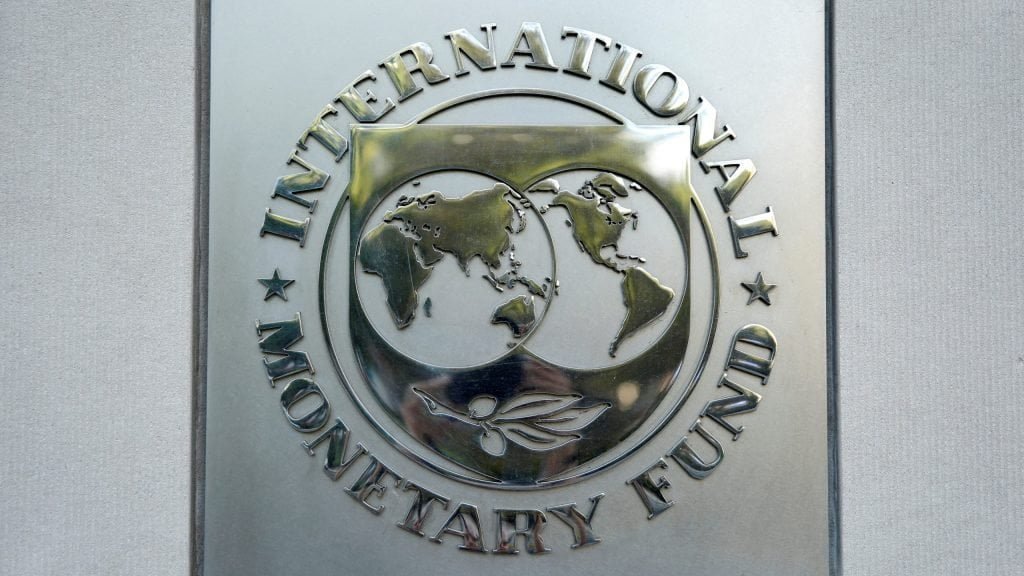IMF warns of Heightened Recession Risk, Slightly Lowers Global Growth Outlook – As a result of bank failures in the U.S. and Europe, the International Monetary Fund warned Tuesday that the risk of recession has increased for advanced economies, while lowering its outlook for global growth this year.
The IMF forecasts that the global economy will expand by 2.8% this year, a slight decrease from its January projection of 2.9% growth. “With the recent increase in financial market volatility and multiple indicators pointing in different directions, the fog around the world economic outlook has thickened,” the international body said in its latest World Economic Outlook.
People Also Read: Bank of England Targets 30-Strong Team for Digital Currency
“Uncertainty is high, and the balance of risks has shifted firmly to the downside so long as the financial sector remains unsettled.” In a speech last week in Washington, IMF Managing Director Kristalina Georgieva predicted that global growth would expand by less than 3% this year, citing increasing geopolitical tensions and inflation.
In a report released on Tuesday, the IMF cautioned that there is a significant risk that recent turbulence in the banking system could extend to the broader economy and undermine business and consumer confidence. “A hard landing— particularly for advanced economies—has become a much larger risk,” according to the report. The IMF estimates a 25% chance that global growth will decline below 2% this year, a rare occurrence that has only occurred five times, including during the financial crisis and the pandemic.
“Recession concerns have gained prominence, while worries about stubbornly high inflation persist,” said the report. Growth in advanced economies is projected to decline by half this year to 1.3%, before rising to 1.4% next year. About 90% of advanced economies are projected to see growth drop this year.
As crude prices fall and interest rates rise, global headline inflation is projected to decline from 8.7% in 2022 to 7% this year. Meanwhile, core inflation, which excludes volatile food and energy prices, is projected to decline more gradually, falling to 6.2% from 6.3% the year before.
People Also Read: Treasury Secretary Yellen Holds Unscheduled Meeting With Top Financial Regulators
According to the IMF, policymakers must navigate a limited path to reduce inflation while avoiding a recession and maintaining financial stability. In addition, the report predicts that growth will increase to 3% next year and remain at that rate for the next five years.
That marks the lowest medium-term growth forecast since 1990 and reflects an expected decline in population growth. During the two pre-pandemic decades — 2000–2009 and 2010–2019 — world growth averaged 3.9% and 3.7% a year, respectively.




